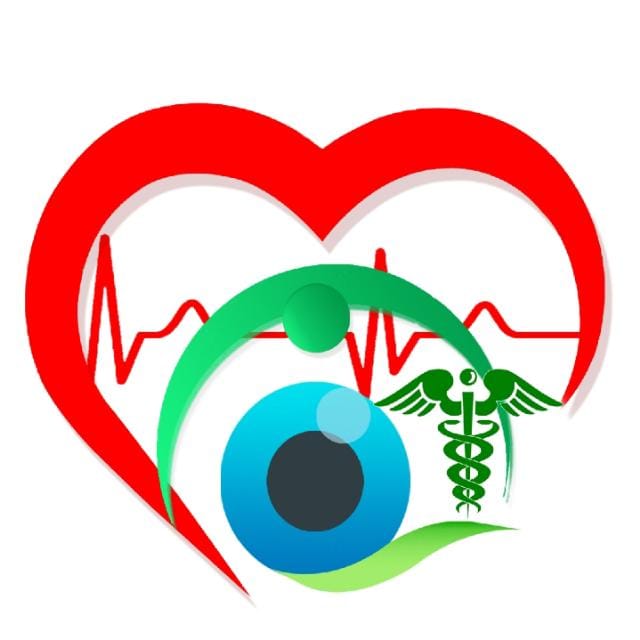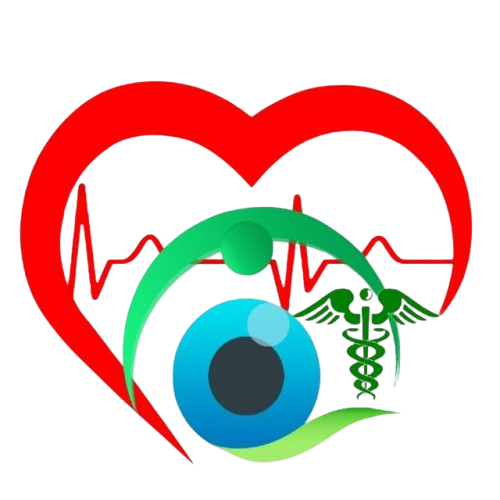Cardiac evaluation and Management

Cardiac evaluation involves a comprehensive assessment of heart health to diagnose and manage various cardiovascular conditions. Common diagnostic tests include:
- ECG (Electrocardiogram): Measures electrical activity of the heart, detecting arrhythmias and heart attacks.
- Echocardiogram (ECHO): Uses sound waves to create images of the heart’s structure, function, and blood flow.
- Treadmill Test (TMT): Assesses heart function under physical stress to identify issues like ischemia.
- Holter Monitor: A 24-48 hour portable ECG that detects arrhythmias over time.
Management of cardiac conditions involves both lifestyle changes and medical interventions. Lifestyle modifications include a heart-healthy diet, regular exercise, weight management, and smoking cessation. Medications such as antihypertensives, statins, and blood thinners are commonly prescribed to control risk factors like hypertension, cholesterol, and blood clotting. In severe cases, interventions like angioplasty, stent placement, or bypass surgery may be needed to restore normal heart function. Regular follow-up ensures proper management and prevention of complications.

